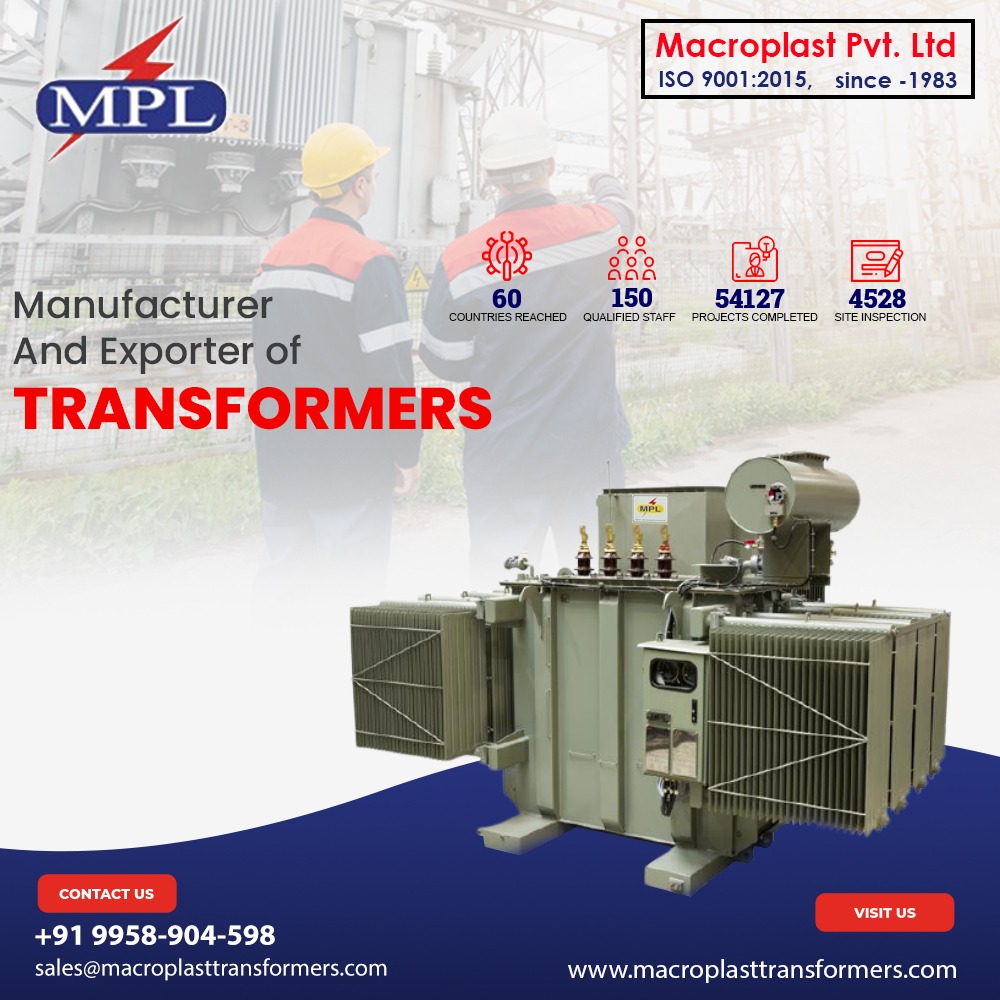Have you ever thought of how electricity gets from a power station to your home? It is simple. It travels through big wires called power lines. To keep everything safe and working, special equipment helps control the electricity.
One of those important pieces of equipment is cycloaliphatic resin cast current transformers. They can handle super strong electricity. Also, they can withstand harsh conditions. These transformers ensure safety and long-term reliability. This is the reason that Cycloaliphatic resin cast current transformers have become the best option in demanding environments.
Let’s learn why you should choose cycloaliphatic resin cast current transformers for high-voltage applications.
1. Superb Insulation: Cycloaliphatic resin
One of the main reasons to choose Cycloaliphatic Resin Cast Current Transformers is, of course, their remarkable inimitable insulation capabilities, such as cycloaliphatic resin or similar specialized epoxy.
Cycloaliphatic resin is a specific form of epoxy resin that ensures high dielectric strength of support. This insulation allows the CT to function properly even when experiencing severe electrical stress and avoids short circuits, arcing, or other causes of electrical failures.
Moreover, it is highly resistant to voltage fluctuations. These transformers to which they will be added have a much longer life span and therefore offer a cost-effective solution for industries.
2. Harsh Environment Superior Performance
High-voltage applications are ubiquitous in harsh environments, including temperature fluctuations, humidity and UV radiation degrading components over time. And the next section is about how cycloaliphatic resin is very resistant to things like that.
Cycloaliphatic Resin Cast Current Transformers are resistant to moisture absorption, and stable under varied temperatures — which makes it perfect for external installations.
As a result of this, the weather-resistant nature strongly diminishes the maintenance necessary and limits the chances environmental factors lead to an electrical breakdown.
3. Enhanced Mechanical Strength
The improved mechanical strength of cycloaliphatic resin cast current transformers is another critical capability that makes them both robust and durable for high voltage applications. The toughened cycloaliphatic resin provides the transformer with superior tensile and compressive strength, making it capable of surviving mechanical shocks/vibrations without sacrificing on performance.
4. Smaller and Easier to Use
Some transformers are big and bulky, but cycloaliphatic resin cast transformers are smaller and easier to install. It’s not a huge, heavy one—it makes everything easier and quicker.
5. Keeps Cool Under Pressure
Electricity can make transformers hot when they’re working hard. But cycloaliphatic resin cast transformers don’t overheat! They can handle high temperatures without getting damaged, which means they won’t stop working even when things heat up.
6. Less Work, More Power
These transformers don’t need a lot of care. Some old transformers needed a lot of attention and fixing, but these ones just keep going. That means less time fixing and more time keeping the electricity flowing to homes, colleges, and buildings.
7. Kind to the Earth
Old transformers used oil, which sometimes leaked and polluted the earth. Cycloaliphatic Resin Cast Current Transformers don’t need oil, so they’re safer for the environment. Plus, they last a long time, which means fewer need to be replaced.
Cycloaliphatic Resin Cast Current Transformer Manufacturers
Another reason that makes Cycloaliphatic Resin Cast Current Transformers suitable for high-voltage applications is its easy availability. Yes, you can easily get these transformers. MACROPLAST “Transformers is one of the leading manufacturers and suppliers of these transformers. An ISO 9001:2015 certified company, the company has been designing, manufacturing, and testing high-quality transformers since 1983. If you are looking for a Cycloaliphatic Resin Cast Current Transformer, then feel free to contact MACROPLAST.



